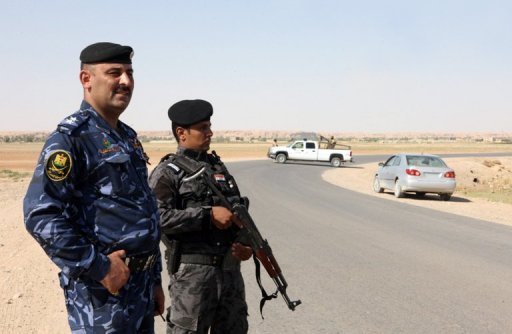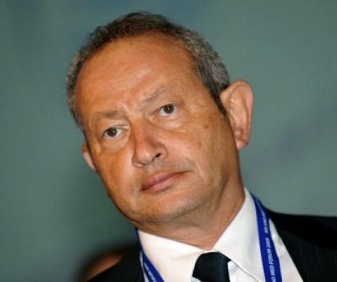Egyptian President Abdel Fattah Al-Sisi arrived in the capital of the United Arab of Emirates (UAE), Abu Dhabi, on Tuesday. Al-Sisi’s two-day visit agenda will include discussing recent regional developments, Gulf issues, the two countries’ bilateral relations, and regional and international issues of mutual concern, following a three-day visit to the Sultanate of Oman.
Al-Sisi was welcomed by the Vice President and Ruler of Dubai Sheikh Mohammed bin Rashid Al Maktoum and the Crown Prince of Abu Dhabi and Deputy Supreme Commander of the Armed Forces Sheikh Mohammed bin Zayed Al Nahyan.
The delegation accompanying Al-Sisi included Egypt’s Foreign Minister Sameh Shoukry, Minister of Trade and Industry Tarek Kabil, Minister of Planning Hala Al-Saeed, and acting head of the Egyptian General Intelligence Service Abbas Kamel.
The visit is the president’s fourth visit to Abu Dhabi, which is one of Egypt’s strategic allies.
Al-Sisi paid a two-day visit in September 2017 and a three-day visit in May 2017 to boost bilateral economic ties, and also visited the UAE in December 2016.
Earlier on Tuesday, the Egyptian president concluded his three-day visit to Oman, after meeting a group of more than 40 Omani investors; Ali bin Mas’oud Al Sunaidi, Oman’s minister of commerce and industry; and Oman’s Minister Responsible for Foreign Affairs Yusuf bin Alawi bin Abdullah.
Kabil said, during the meeting, that the Egyptian government aims to act as a gate forOmani investments in Africa through receiving greater investments from Omani businesspersons in the Egyptian market, where several commodities can be produced and exported to several markets in the Arab world and Africa.
Al-Sisi’s first visit to Oman started on Sunday and he met with Sultan Qaboos bin Said. The two sides discussed ways to promote cooperation, especially on trade, in addition to efforts to reach political solutions to crises in the region, particularly in Yemen, Syria, Lebanon, and Iraq and agreed on the importance of preserving institutions in these countries.








